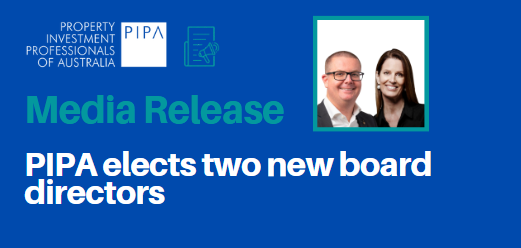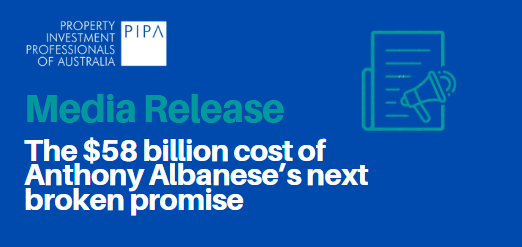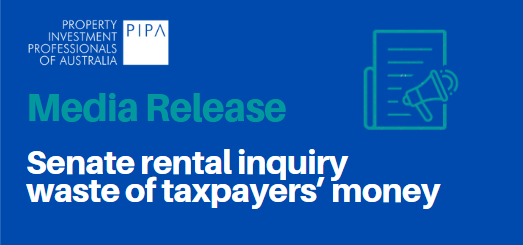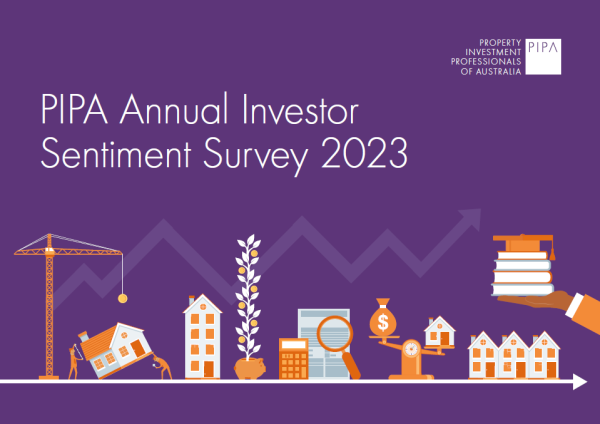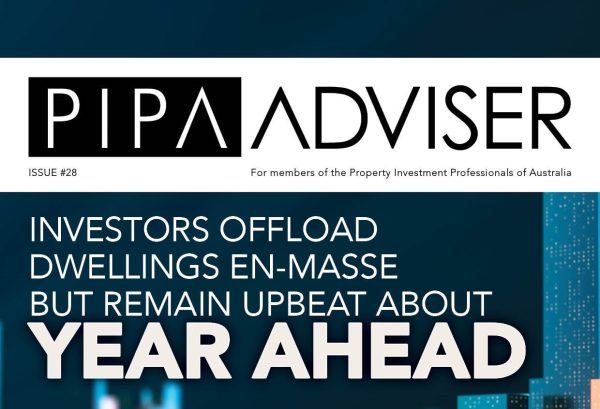Labour Government must prioritise rental property crisis
May 2022Karen Millers
Categories
Location ReportsMedia releasesNational market updatesPersonal advisersPIPA AdviserPIPA Annual Investor Sentiment SurveysPIPA Member ProfilesPIPA video updatesPIPA webinarsPodcastsProperty advisersProperty newsLatest Articles
‘More chance of winning lotto’ than housing targets being met
PIPA Member Profile | Amanda Turner, Opulence Property
The incoming Labor Government must prioritise the current rental property crisis, according to the Property Investment Professionals of Australia (PIPA).
PIPA chair Nicola McDougall said the supply of rental properties is at record lows around the nation, with the situation set to worsen due to softer market conditions and rising interest rates.
“Investors have been mostly missing from the property market since well before the last Federal Election, predominantly due to nationwide investment lending restrictions, but also because of the political posturing on negative gearing during the last election campaign,” Ms McDougall said.
“Investor activity only returned to historical averages in March this year, which means they have not been significantly adding to rental supply for the best part of five years.
“With markets cooling and interest rates rising it is likely that investors will retreat from the market once more, which will further exacerbate the financial pain that tenants are experiencing.”
According to SQM Research, the national vacancy rate hit just 1.1 per cent in April, with only about 40,000 vacant rental properties around the nation. In May 2019, the vacancy rate was 2.2 per cent, with about 75,000 vacant properties available at the time.
“This data shows that there are about 35,000 fewer vacant rental properties now than there was three years ago, which clearly highlights the current rental crisis,” Ms McDougall said.
“The commonly accepted equilibrium point of a balanced rental market is a vacancy rate of three per cent, with many markets around the nation recording rates of below even one per cent.”
According to SQM Research, the vacancy rate in Adelaide and Hobart was just 0.4 per cent in April, with Brisbane and Perth recording 0.7 per cent.
PIPA welcomes Labor’s Help to Buy policy as a potential way to assist some low to middle-income earners into home ownership as well as its pledge to build 30,000 new social and affordable housing properties over the next five years.
“I am concerned about a homeowner being able to upgrade to a bigger home in the future, since they will be required to pay back the government’s initial equity stake, plus capital gain, if using the Help To Buy program. Their first home might in fact be their last,” Ms McDougall said.
Building 6,000 social and affordable properties annually was also a drop in the ocean compared to what is actually required to provide accommodation for our current and future population, Ms McDougall said.
“With overseas migration set to soar over coming years, where are these new Aussies going to live if we don’t even have enough rental properties to house our current population?” she said.
“A system needs to be developed to encourage the private and public sectors to work collaboratively together to increase rental supply and to improve rental affordability for tenants.”
Ms McDougall said longer term investors may be concerned about what lies ahead for them given the historically negative view of investors by the incoming government.
“The demonisation of property investors seems to be a national sport in Australia when more than 70 per cent of investors own just one property, hoping to simply improve their financial situation in retirement,” she said.
“Rather than continuing to view investors as ‘greedy’ or an endless source of funds for government coffers, perhaps it’s time to recognise that they also provide rental housing for millions of Australians?
“Indeed, it an uncomfortable truth for some that the present rental crisis is predominantly a result of investor inactivity over recent years, which is hardly a sign of ‘greed’ when markets have been booming like never before.”
ENDS
For more information, or to organise an interview with Nicola McDougall, please contact:
Bricks & Mortar Media | media@bricksandmortarmedia.com.au
